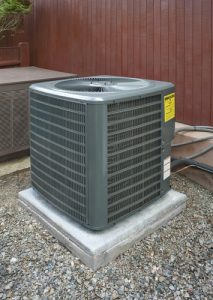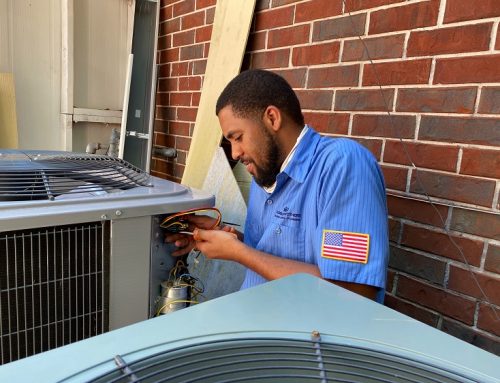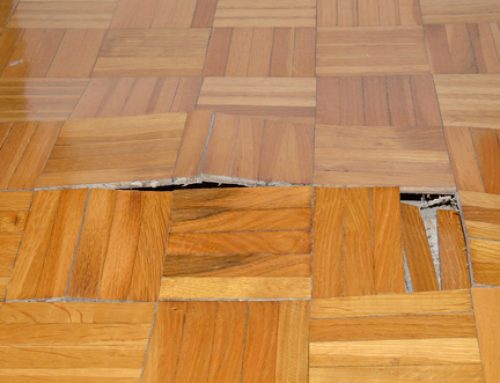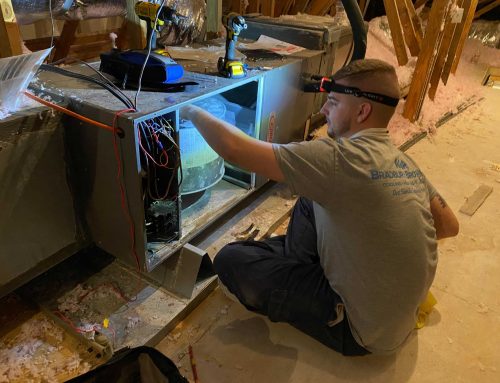 Get ready for some heavy-duty acronyms: If SEER (Seasonal Energy Efficiency Rating) is new to you, you’re not alone. The AHRI (Air Conditioning, Heating, and Refrigeration Institute) set SEER ratings to reflect product safety and environmental protection. As with many things, A HVAC (heating, ventilation, air conditioning) system with a higher SEER rating may cost more initially but delivers a greater ROI (return on investment).
Get ready for some heavy-duty acronyms: If SEER (Seasonal Energy Efficiency Rating) is new to you, you’re not alone. The AHRI (Air Conditioning, Heating, and Refrigeration Institute) set SEER ratings to reflect product safety and environmental protection. As with many things, A HVAC (heating, ventilation, air conditioning) system with a higher SEER rating may cost more initially but delivers a greater ROI (return on investment).
“Prior to 2015, the national minimum SEER rating for a residential HVAC system was 13, regardless of your location. Now, however, the acceptable minimum will depend on your area, and in some cases, the type of system you choose to install,” says one home improvement site.
Minimum SEER for Texas
SEER ratings have regional guidelines, but some HVAC dealers are still selling their older inventory; it’s legal. That’s exactly why Bradbury Brothers Cooling, Heating, & Plumbing recommends HVAC based on your individual needs; we’re not trying to get rid of an inventory of old technology!
In Texas, the minimum SEER rating is 14 for cooling and heating. That’s the lowest possible, and smart property owners know the higher the SEER rating, the better energy efficiency. (And you’ll have lower monthly energy bills, too.)
Improve Your Thermal Rating
Even with a lower-efficiency HVAC unit, you can improve energy loss and cut costs:
- Add a double layer of insulation in the attic ceiling to improve thermal efficiency.
- Install an attic exhaust fan.
- Install radiant barriers in the attic (thermal insulation is better).
- Reseal/add another layer of insulation to ductwork.
Calculate Your ROI
Your return on investment depends on how long you plan to live in your home or commercial property. It can take as long as 9 years to fully recoup the cost of your investment.
Bradbury Brothers Cooling, Heating, & Plumbing can help you do the math! Then, we’ll evaluate the best possible HVAC unit that will help you “keep your cool” while staying within your budget. Call 281-651-5484, 936-271-2030, or contact us with questions about upgrading your HVAC unit this year.




